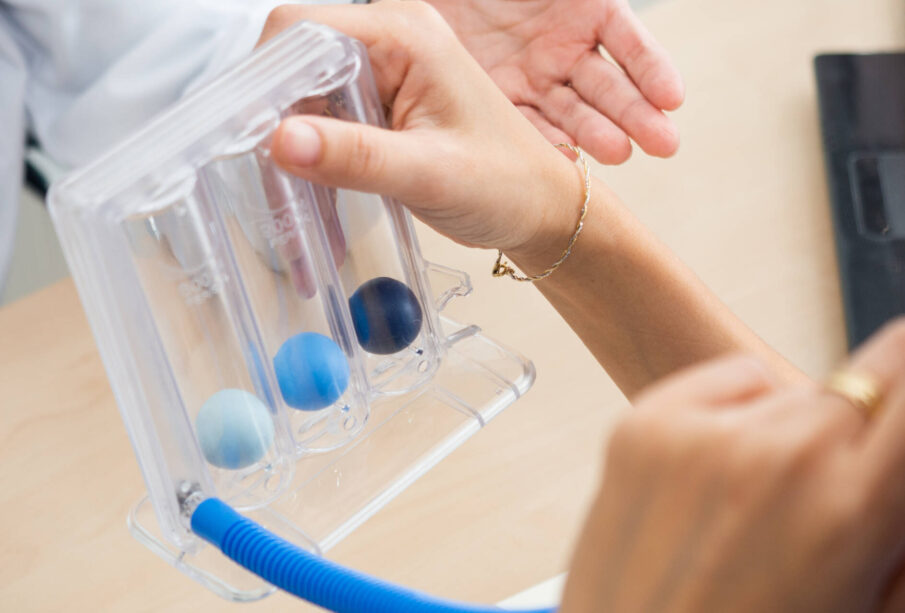The Contributions Of Rehabilitation Specialists In The Field Of Respiratory Therapy

Incentive Spirometer
In the world of health, rehabilitation specialists play a big role in respiratory therapy. They help patients breathe better. These specialists work alongside doctors to create personalized care plans. Similar to the experts in interventional pain management Olney, MD, they focus on improving quality of life. By guiding patients through exercises and therapies, they offer support and relief. This approach helps restore lung function and enhances overall well-being. Let’s explore how these specialists make a difference.
Understanding the Role of Rehabilitation Specialists
Rehabilitation specialists in respiratory care concentrate on helping patients improve their lung function. These professionals have training in therapeutic exercises, breathing techniques, and lifestyle adjustments. They aim to reduce symptoms and prevent complications. Their work supports patients with chronic lung conditions such as asthma, COPD, and pulmonary fibrosis.
In collaboration with pulmonologists, they tailor treatment plans to meet the needs of each patient. This team approach ensures that patients receive comprehensive care. According to the National Heart, Lung, and Blood Institute, such cooperative care enhances the effectiveness of treatment.
Key Contributions of Rehabilitation Specialists
- Customized Breathing Exercises: Specialists teach exercises that improve lung capacity and efficiency.
- Patient Education: They educate patients about their conditions and how to manage them.
- Support and Guidance: They provide emotional support and help patients adhere to their treatment plans.
Comparison of Rehabilitation Techniques
| Technique | Focus | Benefits |
|---|---|---|
| Diaphragmatic Breathing | Encourages deep breathing | Increases oxygen intake |
| Pursed-Lip Breathing | Controls breathing rate | Reduces shortness of breath |
| Chest Physiotherapy | Removes mucus | Improves airway clearance |
The Impact of Rehabilitation on Patient Lives
Rehabilitation specialists contribute significantly to improving patient lives. Through consistent therapy and support, patients report better control over their symptoms. The Centers for Disease Control and Prevention notes that maintaining physical activity and following treatment plans can lead to better health outcomes.
Patients often feel more empowered and confident in managing their conditions. This empowerment encourages them to stay active and engaged in their care. Over time, the benefits of rehabilitation extend beyond physical health, positively affecting mental and emotional well-being.
Challenges and Future Directions
While the contributions of rehabilitation specialists are invaluable, challenges remain. Access to specialists can be limited by geographic and financial barriers. There is also a need for increased awareness and understanding of the role of rehabilitation in respiratory care.
Future directions include the integration of telehealth services to reach more patients. By offering remote consultations and virtual therapy sessions, specialists can expand their impact. Embracing technology in this way can bridge gaps and offer care to those who might otherwise go without it.
Conclusion
Rehabilitation specialists are vital in the field of respiratory therapy. Their dedication to patient-centered care helps many lead healthier, more fulfilling lives. By focusing on breathing techniques and lifestyle changes, they enable patients to take charge of their health. As the landscape of healthcare continues to evolve, so too will the methods and reach of these invaluable healthcare providers.











